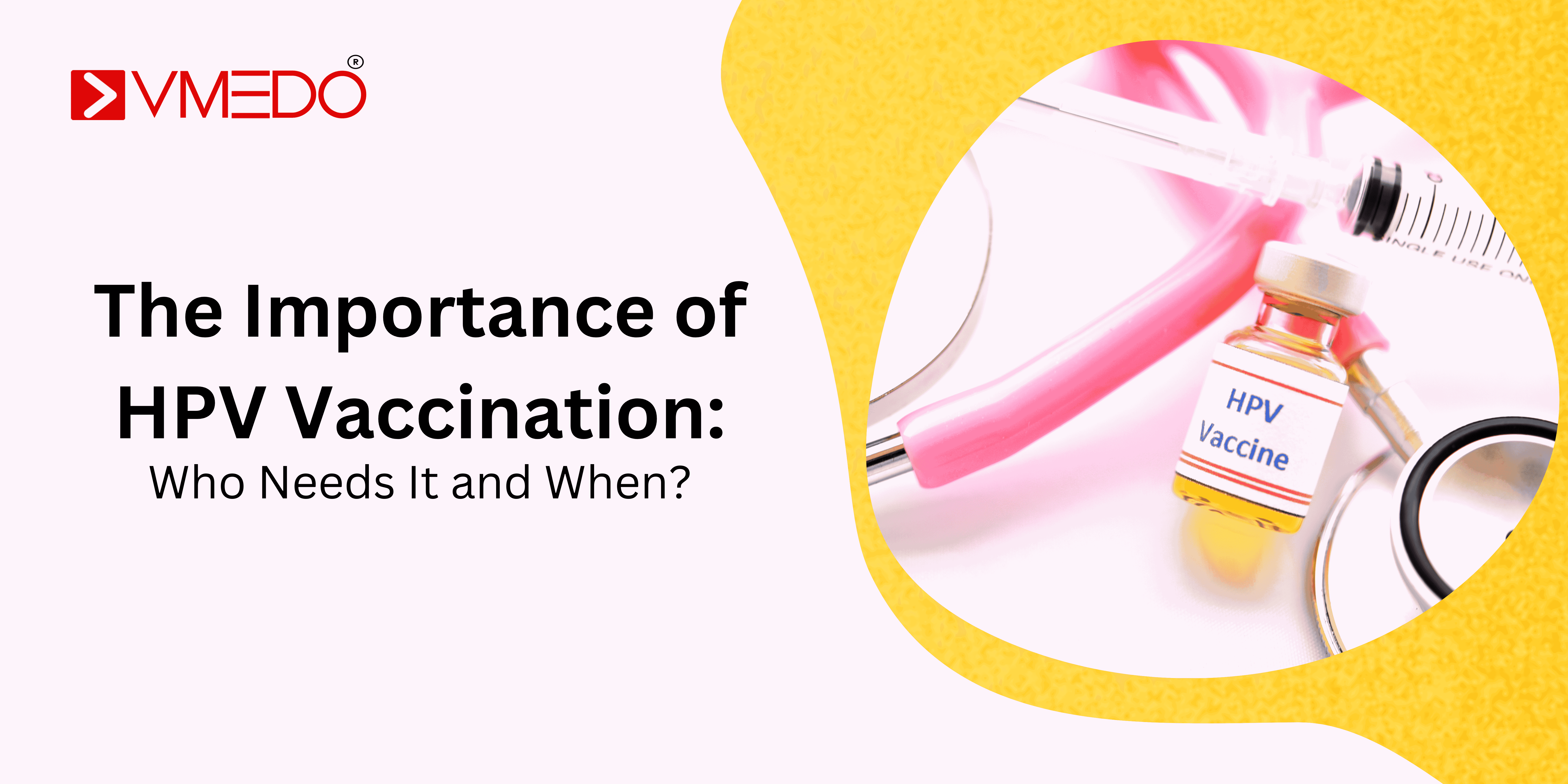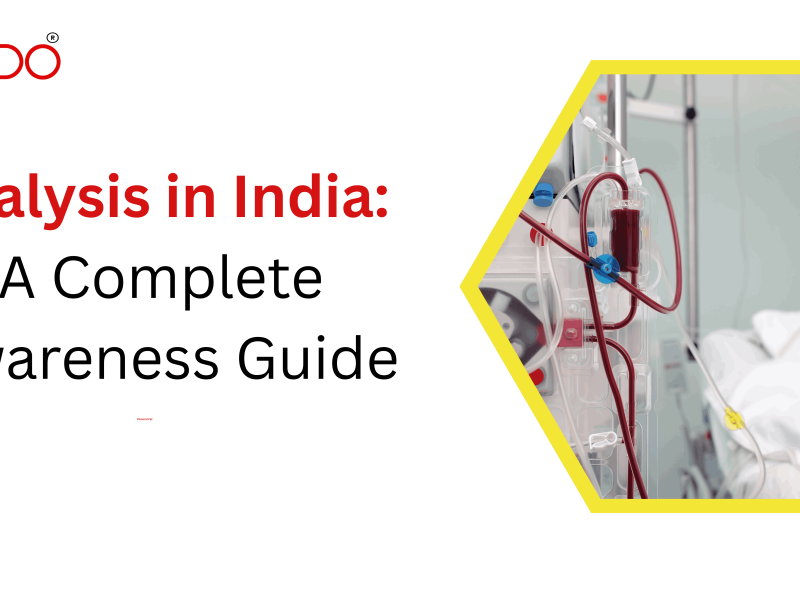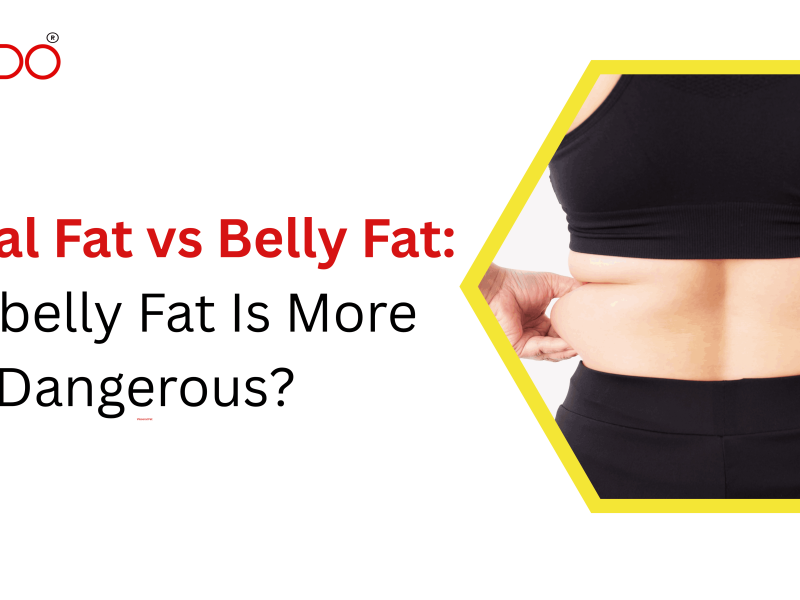Human Papillomavirus (HPV) is one of the most common viral infections, affecting millions of people worldwide. It is a leading cause of cervical cancer, genital warts, and other types of cancers, including those of the throat, anus, and penis. Fortunately, HPV vaccines offer effective protection against the virus, significantly reducing the risk of developing related cancers and complications.
In this article, we will discuss the importance of HPV vaccination, who should get it, and the right time to receive it.
Understanding HPV and Its Risks
HPV is a group of more than 200 related viruses, some of which are transmitted through sexual contact. While many HPV infections resolve on their own without symptoms, certain high-risk strains can lead to serious health issues, including:
-
Cervical Cancer: Almost all cervical cancer cases are linked to persistent HPV infections.
-
Other Cancers: HPV is associated with cancers of the anus, oropharynx (back of the throat), penis, vulva, and vagina.
-
Genital Warts: Low-risk HPV types (especially types 6 and 11) cause genital warts, which can be persistent and require medical treatment.
Given these risks, HPV vaccination is crucial in preventing long-term complications and saving lives.
What is the HPV Vaccine?
The HPV vaccine is a safe and effective immunization that protects against the most dangerous HPV types. The most common HPV vaccines include:
-
Gardasil 9: Protects against nine HPV types (6, 11, 16, 18, 31, 33, 45, 52, and 58).
-
Gardasil: Protects against four HPV types (6, 11, 16, 18).
-
Cervarix: Protects against two high-risk HPV types (16 and 18).
These vaccines help prevent infections that cause cervical and other HPV-related cancers.
Who Needs the HPV Vaccine?
1. Pre-Teens and Adolescents (Ages 9–14)
-
The ideal age for HPV vaccination is between 9 and 14 years, as the vaccine is most effective when given before any exposure to HPV.
-
The immune response to the vaccine is stronger in younger individuals, providing better protection.
-
The standard recommendation is two doses, given six to twelve months apart.
2. Teenagers and Young Adults (Ages 15–26)
-
If not vaccinated earlier, teenagers and young adults should still get the vaccine.
-
Those aged 15 to 26 years need three doses over six months for complete protection.
-
The vaccine is still effective in this age group, though it is better when administered earlier.
3. Adults (Ages 27–45)
-
The HPV vaccine is not routinely recommended for people over 26, as most have already been exposed to HPV.
-
However, individuals aged 27–45 who are at risk or have not been previously vaccinated may still benefit, after consulting a healthcare provider.
4. Men and Boys
-
The HPV vaccine is equally important for males as it prevents genital warts and HPV-related cancers of the throat, anus, and penis.
-
Vaccination for boys is recommended at ages 11–12, though it can be given as early as 9 years.
-
Men up to age 26 should consider getting vaccinated if they missed it earlier.
5. Immunocompromised Individuals
-
People with weakened immune systems, such as those living with HIV/AIDS or undergoing organ transplants, should receive the full three-dose series for optimal protection.
When is the Best Time to Get the HPV Vaccine?
Recommended Schedule for HPV Vaccination
-
Ages 9–14 → Two doses (6–12 months apart).
-
Ages 15–26 → Three doses (0, 1–2, and 6 months schedule).
-
Ages 27–45 → May be considered based on risk factors.
Why Early Vaccination is Better?
-
The strongest immune response occurs in preteens.
-
Provides protection before potential exposure to HPV.
-
Fewer doses are needed if taken at a younger age.
How Effective is the HPV Vaccine?
Clinical studies show that HPV vaccines are highly effective:
-
90% reduction in HPV-related cancers when vaccinated at the recommended age.
-
Near 100% protection against cervical cancer from HPV types 16 and 18.
-
A significant drop in genital warts cases among vaccinated populations.
The vaccine offers long-term protection, and studies indicate it remains effective for at least 10–15 years after vaccination.
Safety and Side Effects of the HPV Vaccine
Is the HPV Vaccine Safe?
Yes. The HPV vaccine has been extensively studied and found to be safe and well-tolerated. Millions of doses have been administered worldwide with no serious side effects reported.
Common Side Effects
Like any vaccine, mild side effects may occur, including:
-
Pain or redness at the injection site.
-
Mild fever.
-
Headache or dizziness.
-
Nausea.
Severe allergic reactions are extremely rare. If you have a history of severe allergies, consult your doctor before vaccination.
Addressing Common Myths About HPV Vaccination
1. “HPV Vaccine Encourages Sexual Activity in Teens.”
-
Studies show that vaccination does not lead to increased sexual activity.
-
The vaccine is a preventive health measure, just like any other vaccination.
2. “HPV Vaccination is Only for Girls.”
-
HPV affects both males and females, and vaccination benefits everyone.
-
It prevents cancers of the penis, anus, throat, and genital warts in men.
3. “HPV Vaccine is Not Necessary if Someone is Not Sexually Active.”
-
The vaccine works best before exposure to HPV, making it important to vaccinate early.
-
HPV can spread through skin-to-skin contact, not just sexual intercourse.
4. “HPV Vaccine is Unsafe and Causes Infertility.”
-
There is no evidence that the HPV vaccine affects fertility.
-
It is an FDA-approved and globally recommended vaccine with a strong safety profile.
The Role of HPV Vaccination in Public Health
-
Reduces cervical cancer rates, lowering the burden on healthcare systems.
-
Protects future generations by reducing HPV transmission.
-
Helps achieve global cervical cancer elimination goals set by WHO.
Countries with high HPV vaccination coverage have seen a dramatic drop in HPV infections and related diseases.
Conclusion:
HPV vaccination is a lifesaving intervention that protects against multiple cancers and diseases. It is most effective when given early, ideally between ages 9 and 14. However, older individuals can still benefit from the vaccine.
If you or your loved ones haven’t been vaccinated yet, talk to a healthcare provider today and take a step toward a cancer-free future.
For home HPV vaccination services at home in Bangalore, VMEDO provides safe and convenient vaccination options. Book your HPV vaccine at home today!



